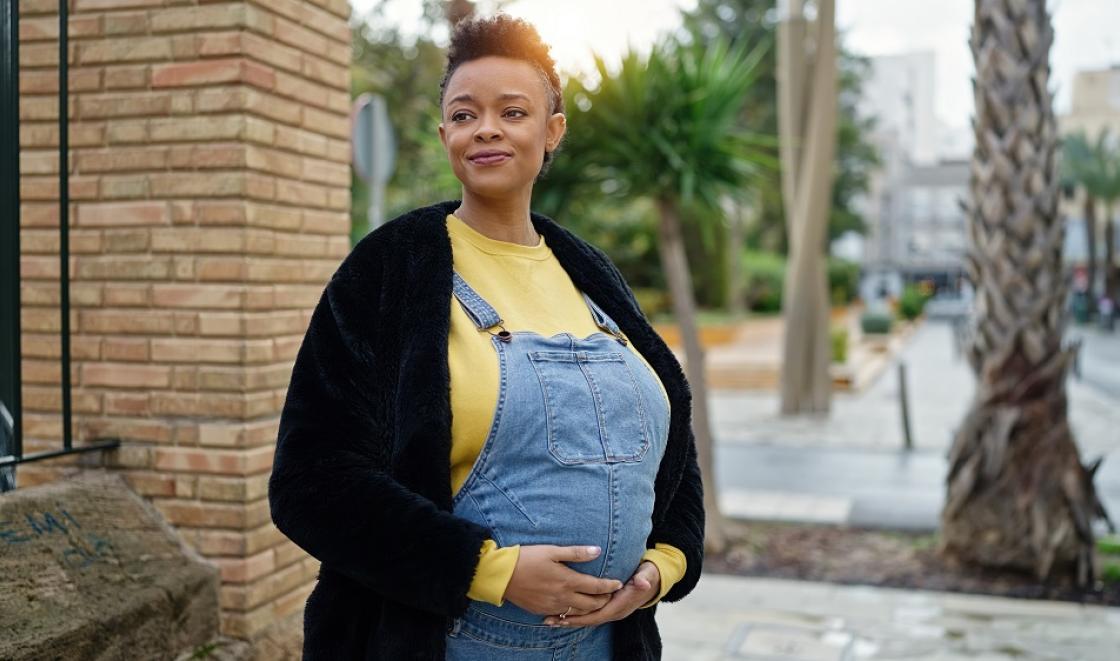What are the aims of this project?
This study has multiple aims. The researchers want to:
- Explore how pregnant and postnatal women with multiple long-term conditions use health services and experience midwifery care as part of maternity care, identifying any inequalities and areas for improvement
- Explore the experience of midwives and healthcare professionals providing multidisciplinary maternity care for women with multiple long-term conditions, understanding the role of the midwife within the team
- Co-design guidance to optimise care and improve women’s experience of midwifery care as part of multidisciplinary maternity care, reducing potential inequalities and treatment burden on patients.
How will the research be carried out?
This mixed methods study, which is being undertaken as a PhD, will be carried out in three phases:
- A retrospective cohort study using anonymised research data to analyse how women with multiple long-term conditions use and experience health services during pregnancy and postnatally
- Qualitative interviews with pregnant or postnatal women, midwives and other maternity staff (along with observation of care) to explore how pregnant women with multiple long-term conditions experience midwifery care as part of wider maternity care, as well as how midwives and other professionals provide care and collaborate with each other
- Co-design workshops to develop guidance on midwifery care for women with multiple long-term conditions, using findings from phase one and two to inform this process.
How are patients and the public involved in the study?
Involvement of service users and the public is integral to this study. A patient and public involvement and engagement group (PPIE) made up of women with lived experience of pregnancy, birth, and postnatal care with multiple long-term conditions will continuously inform the study, as well as co-authoring and co-presenting publications and findings.
A project advisory group (PAG) including leading charities the Maternal Mental Health Alliance and Action on Pre-eclampsia, and multidisciplinary stakeholders (such as obstetricians, midwives and perinatal mental health specialists), will advise the team throughout the research.
Collaborators
This project has a wide range of collaborators including the University of Birmingham (Institute of Applied Health Research), the Maternal Mental Health Alliance and Action on Pre-eclampsia.
This research is funded by the NIHR. It began in May 2024 and is expected to complete in April 2027.
Find out more
Read more about the maternity and perinatal research at ARC South London.



